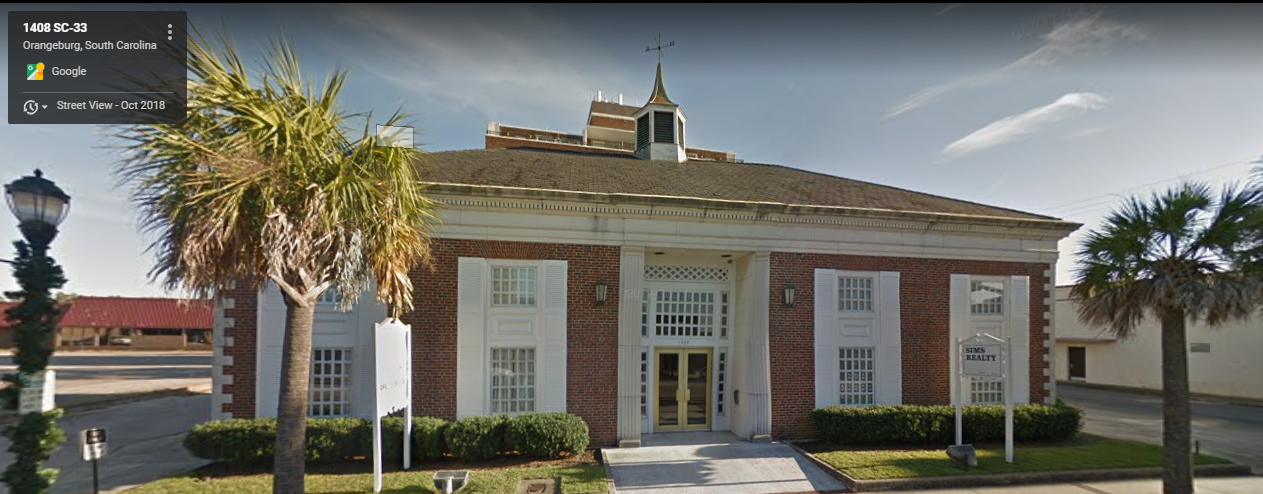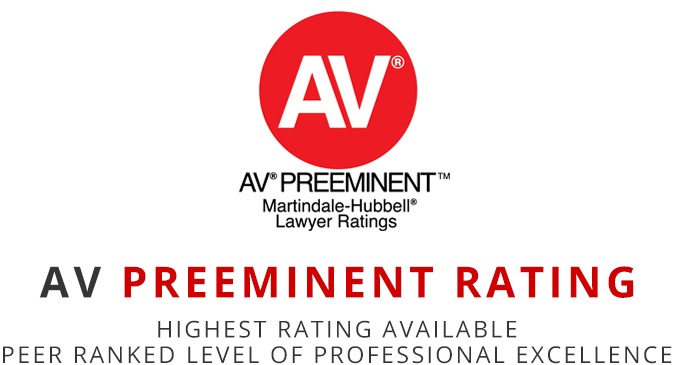One of the most important parts of any litigation is the deposition of the parties to a lawsuit. This will normally come after a complaint is filed and served by the Plaintiff bringing the suit, the Defendant has answered the Complaint (and potentially filed counterclaims), and interrogatories and production of documents have been exchanged between parties. The depositions of parties and potential witnesses is normally the last stage of the litigation process (with the exception of a motion for summary judgment) before parties mediate and then go to trial. A "good" deposition could make the difference in mediation, as the other side comes on notice of how credible and sympathetic the party would be to a jury. A good plaintiff deposition would likely mean a higher offer from the other side, while a good defendant deposition would mean the opposite. The deposition can be used at trial to impeach parties, and therefore becomes critical to advocacy in front of a jury. What makes a good deposition?
First, when lawyers are deposition the adversarial party, they are evaluating the person. They want to see how the person/party will look in front of a jury. Are they personable and sincere in effect? Are the lawyers able to cause the other party to "lose it" with uncontrolled anger (which would be perceived negatively by the jury)? Does the person come across as "shifty" and insincere? Is the person Defensive? Beyond the cosmetic aspects of the evaluation, the party is being scrutinized for inconsistencies with known facts or prior statements. Any contradictions can and will be used for impeachment at trial. Additionally, a party is evaluated by what they are able to testify and what is remembered. A lack of direct knowledge or memory of critical facts becomes critical in evaluation for a mediation or trial.
Knowing what's being evaluated allows for proper preparation for the deposition. A party facing deposition in South Carolina should normally review all prior statements and anything that will help in remembering key facts about the case. The most important thing with a deposition is telling the truth and not being caught with inconsistencies with facts or prior statements. After reviewing everything possible, it's important to practice being deposed to prepare for hard questioning. It's perfectly acceptable to say "I don't recall", but a practice deposition will help with not being trapped with even that statement. Additionally, one of the most important points to prepare is in answering only questions asked and nothing more. As I tell clients "don't do the other lawyers job for him be talking beyond the question". It's important to come across as pleasant with the other attorney, but not his friend (this goes for any discussions with the opposing attorney outside of deposition like small talk before and after: You are not his buddy, though he is not a bitter enemy).
On the day of deposition, it's usually best to dress conservatively and show a controlled demeanor, remembering that the opposing counsel is constantly considering how credible you will come off to a jury. It's important to know that once a deposition starts you cannot speak with your attorney until the deposition ends. At the same time, you have the ability to take time with thinking about and answering questions. Additionally, any time you need a break you can ask for it. Remember that when the deposition goes "on the record", everything spoken will be recorded by the court reporter. You must be prepared to speak clearly and never rely on non-verbal responses (like nodding your head for yes). Be prepared for insulting questions, like "have you ever been arrested (or seen a psychologist, etc.)", but know that much of what's answered during deposition will not get into trial. Do not get distracted by your attorney objecting to the form of questions, as you must normally still answer the question even if it cannot be used at trial (sometimes your attorney may say: Don't answer that question as in the case of a question about attorney/client privilege information) Assume the other side knows the truth when asking the question. Do not get angry.
Follow your attorney's advice and these simple guidelines and your deposition will be a success. It's never fun, but it can be something you have prepared properly and control the final product.
Bill Connor is an Attorney Practicing Law in South Carolina, The Bill Connor Law Firm is located in Orangeburg South Carolina.

![]()
















